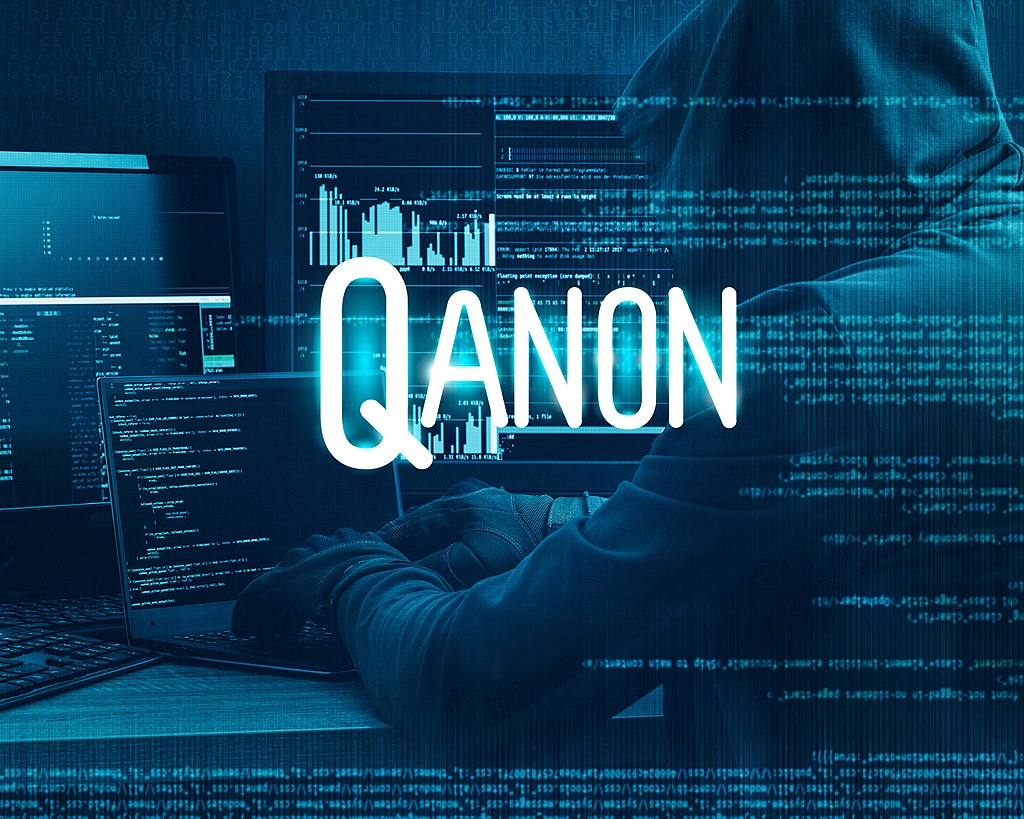Back in 2011, Charlotte Ward and David Voas published an article addressing the synthesis of New Age spirituality with conspiracy thinking as “conspirituality.” A decade later, their analysis seems critical for understanding figures like the QAnon Shaman, widespread anti-vaccine and COVID-19 disinformation campagins, and, more broadly, the rapid spread of America of America’s “paranoid politics” as much of the media’s dominant form of dialogue about issues ranging from vaccines to climate change.
In this January episode of our current events podcast, Discourse!, Savannah Finver speaks with Candace Mixon and Suzanne Newcombe as the team wrestles with the QAnon Shaman and the January 6th attack on the U.S. Presidential election certification, pandemic anti-vaccine misinformation campaigns, and growing evidence of the “conspirituality.”
Be sure to take a look at the at-home links below. Don’t forget! If you see a current events article or story you think we should include in our monthly Discourse! episodes, please send it to editors@religousstudieproject.com or tweet it to us @projectrs.
This month’s links include:
- Chris Cuomo interviews Q Anon Shaman
- Senator Susan Collins admits she believed “Iranians” were attacking the White House
- Litchfield Cathedral turned into a vaccination center.
- RSPH struggles with low South Asian vaccine rates
- Religion Dispatches piece on the New Age blending with the radical right
Original Source for “Conspirituality” by Ward and Voas:
Charlotte Ward & Prof. David Voas (2011). “The Emergence of Conspirituality,” Journal of Contemporary Religion, 26:1, 103-121, DOI: 10.1080/13537903.2011.539846











